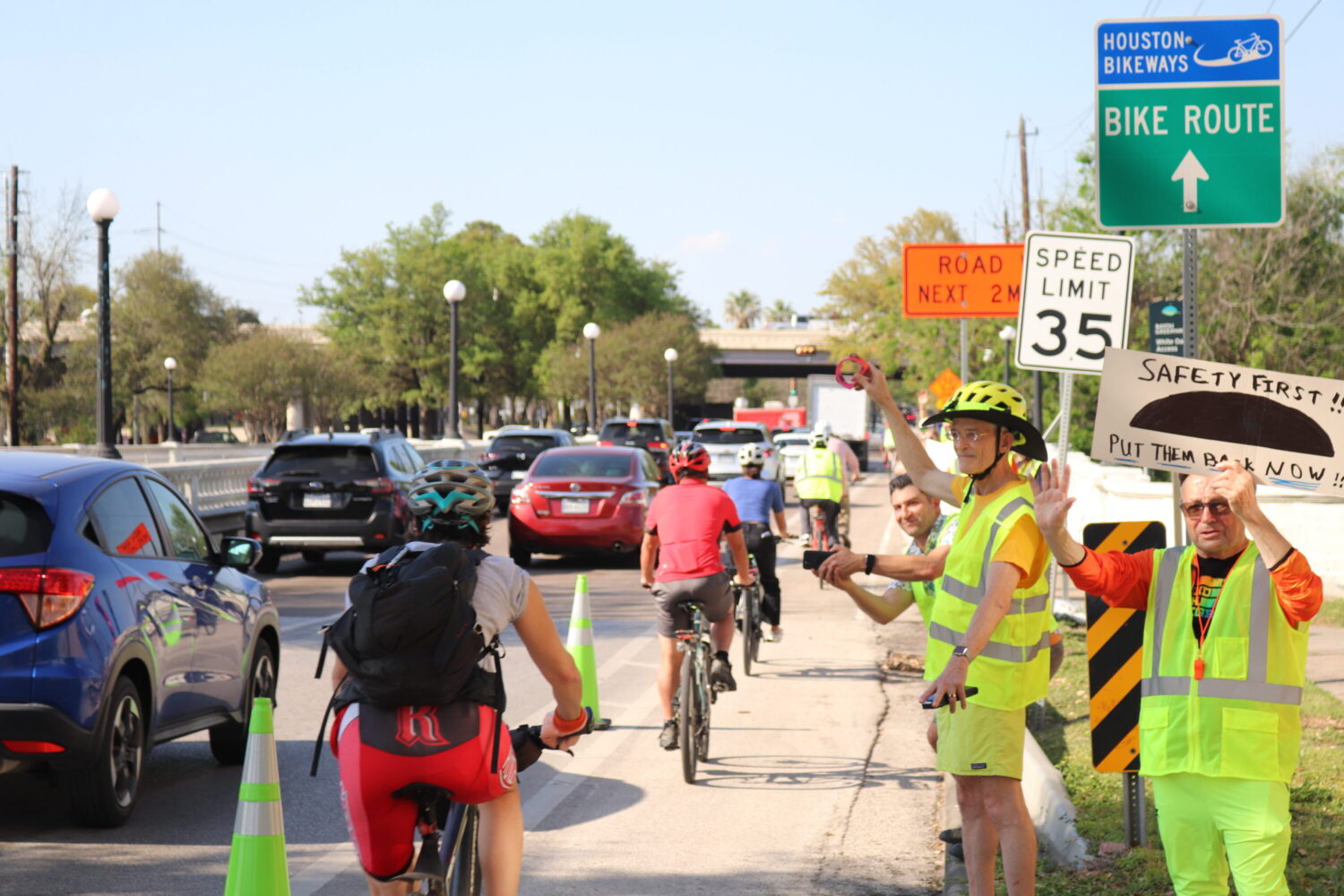Introduction to the Issue
Houston City Council members are considering requiring more transparency from the mayoral administration and giving themselves more power before changes are made to projects in the city’s $16.7 billion capital improvement plan. This comes after the city council approved the five-year plan in June, with council member Julian Ramirez proposing three amendments to increase transparency and council oversight.
Background on the Amendments
Ramirez’s amendments would require a monthly report from the administration on projects "proposed for delay, cancelation, redesign, or alteration in scope" above a certain cost, give the city council the power to approve or deny those changes, and require a public hearing before "installation or removal of improvements" along public streets and sidewalks if requested by a city council member. These proposals were referred to a city council committee, which met on Tuesday to discuss the issue.
Concerns About Unilateral Changes
Under Mayor John Whitmire, the administration has made unilateral changes to several street projects without a formal community engagement process. This includes the removal of a protected bike lane on Austin Street, the removal of cyclist protections on Heights Boulevard, and the removal of traffic safety features on Houston Avenue. In most cases, the mayor’s office cited safety concerns or feedback from a handful of community members, while mobility advocates protested the changes.
Council Members’ Perspectives
Ramirez told Houston Public Media that "for council to be relevant and exercise its authority, timely information is critical." He emphasized that the proposal doesn’t come from a place of concern about Whitmire’s actions, but rather a desire to ensure that the city council has the information it needs to make informed decisions. Council member Abbie Kamin spoke in support of more engagement between the administration and the city council before infrastructure projects are changed, citing examples where this has happened in the past.
Administration’s Response
Steven David, chief strategy and operations officer for Whitmire, said the administration is open to increased communication with the city council, but raised concerns about the increased administrative burden associated with regular reports and public hearings. He suggested that automated updates on the Engage Houston website could provide the necessary information, reducing the need for public hearings.
Public Support for Transparency
A handful of residents spoke in favor of the amendments, including Kevin Strickland, co-founder of mobility-focused advocacy group Walk and Roll Houston. Strickland emphasized that "transparency is the floor, not the ceiling, for good governance," highlighting the importance of openness and accountability in the decision-making process.
Conclusion
The debate over transparency and council oversight in Houston’s capital improvement plan highlights the tension between the need for efficient decision-making and the importance of community engagement and accountability. As the city council continues to consider Ramirez’s amendments, it is clear that residents and council members alike are seeking greater transparency and oversight in the decision-making process. By increasing transparency and requiring public input, the city can ensure that its infrastructure projects reflect the needs and values of the community, ultimately leading to better outcomes for all residents.




